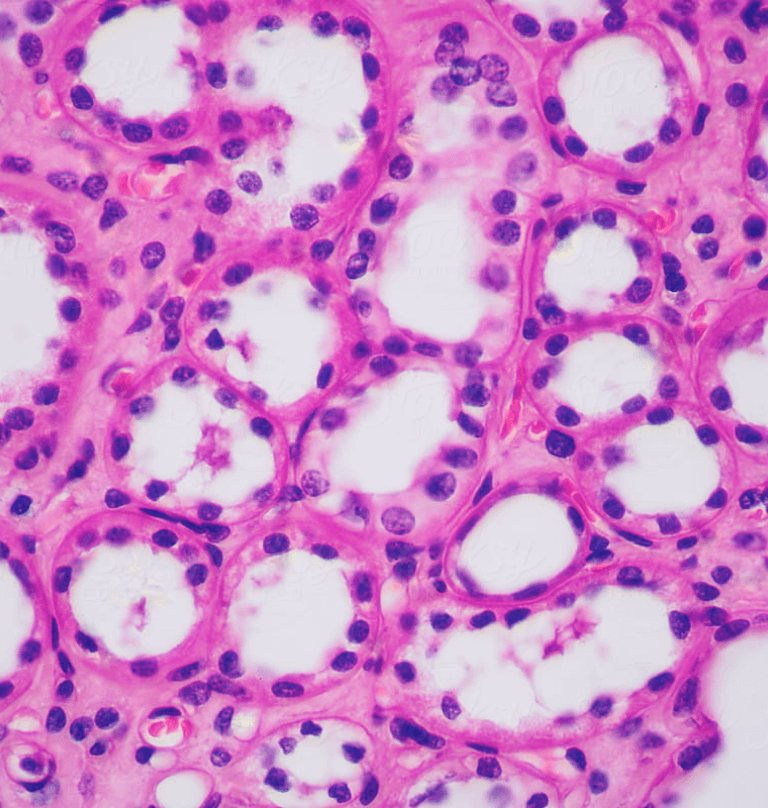What's New
Are Mental Health Conditions Hereditary?

Are Mental Health Conditions Hereditary?
A Note for Readers:
While the term “hereditary mental illness” is familiar, it can feel stigmatizing and limiting. Throughout this article, we’ll instead use “mental health condition” to reflect a more respectful and supportive way of exploring the topic.
Understanding the Genetic Link to Mental Health Conditions
When you or a family member experiences mental health challenges, it’s understandable to wonder, can mental illness be genetic? The answer isn’t a simple yes or no, but studies examining the connection between mental health and genetics are ongoing, and have provided some illuminating insight so far.
Research shows that mental health is likely linked to a person’s genetic makeup, and that certain genes can be associated with mental health conditions [1]. The important distinction here is that your mental health is never determined by genetics alone.
Many mental health conditions are most often caused by a combination of multiple genetic and environmental factors, which is called multifactorial inheritance [2]. This means that a mental health condition itself isn't what’s inherited - it's the vulnerability to mental health struggles that's being passed down. Understanding the risk factors that increase one’s vulnerability to mental health conditions can help individuals and families recognize early symptoms and seek professional help sooner.
What Else Influences Mental Health?
In addition to genetics, mental health is shaped by a number of factors that have to do with life experiences and environment. [1] Factors in childhood are notable, and include:
Trauma: Losing a loved one, living through a natural disaster, and having a highly stressful home life are major contributors, as well as experiencing sexual, physical, or emotional abuse.
Emotional Harm: Negative school experiences, such as bullying, in school-aged children and teens can increase the likelihood of developing mental health conditions.
Substance Abuse: Exposure to tobacco, alcohol, and illicit drugs, either prenatally or as a child has been linked to the development of mental health conditions beyond substance use disorders [2].
While life experiences and environment alone cannot predict an individual’s likelihood of developing mental illness, recognizing these factors can offer a more complete picture - especially when paired with knowledge of your family history.
The Role of Family History in Diagnosing Mental Health Conditions
A family history of mental health struggles may contain important clues that may help your health care provider assess your risk for developing a mental health condition. Having a close relative with a mental health condition can mean you are at higher risk, and communicating this information to your health care provider can be advantageous in helping to monitor for early signs, and determining proactive approaches to reduce risk [1].
The first step to creating a family health history resource is to speak to your relatives. Information from “first-degree” relatives - such as parents, siblings, and children - is the most beneficial and applicable. “Second-degree” relatives - such as nieces, nephews, half-siblings, grandparents, aunts, and uncles - can provide supplementary information, but it will be less indicative of your own risk. That said, health histories can be sensitive subject matter and some information may not be accessible. Any information about mental health conditions in your family that you can gather is valuable to have [1,3].
Which Mental Health Disorders Have Genetic Links That Are Being Explored?
People with a mental illness family history may wonder what mental illnesses are hereditary - both for their own wellbeing and for future family planning. While genetics alone don’t guarantee a diagnosis, risk can be impacted. It is notable that certain mental health conditions’ genetic components are being explored through funding by the United States’ National Institute of Mental Health. These include schizophrenia, obsessive-compulsive disorder, depression, anxiety disorders, and bipolar disorder [1].
What to Do If Mental Health Conditions Run in Your Family
If you have a family history of mental health conditions, it’s best to be proactive. Talk to your health care provider to better understand what early symptoms to look out for, and for screening. Speaking with a mental health care provider can also provide benefits through individualized counseling.
Another helpful strategy is keeping a record of your family history. Fill out as much as you know about your relatives’ history of mental illness, and add new or updated information as family members are diagnosed. The US Surgeon General’s My Family Health Portrait is a free tool designed to create a family health history. However you map it out, be sure to share it with your health care provider and applicable family members — increased awareness could improve your family’s health and yours [1].
Can Medication Help With Improving Mental Health?
Certain health care providers (e.g., psychologist, psychiatrist, family doctor) can diagnose a mental health condition, and help come up with an appropriate treatment plan. Treatment varies based on the condition, but medication is often a factor as it can be an effective, and sometimes necessary, tool for managing mental health.
For some, medication may only be needed for a limited period, while others may need to be on some form of mental illness medication for most of their lives.
Through the science of pharmacogenetics, Inagene’s Pain & Mental Health test can analyze your DNA and provide guidance on which mental health medications are more likely to be safer and/or effective for you based on your unique genetic makeup. This can mean helping you and your prescriber choose medication that has a lower likelihood of side effects, and/or a better chance of improving your mental health.
Understand Your Mind. Personalize Your Care
This website has been developed by Inagene Diagnostics Inc for information purposes only. It does not provide medical advice, diagnosis, treatment or care. If you have a health problem, medical emergency, or a general health question, you should contact a physician or other qualified health care provider for consultation, diagnosis and/or treatment. Under no circumstances should you attempt self-diagnosis or treatment based on anything you have seen or read on this website. For more information about how to use this site, please see our Terms of Service.
References
